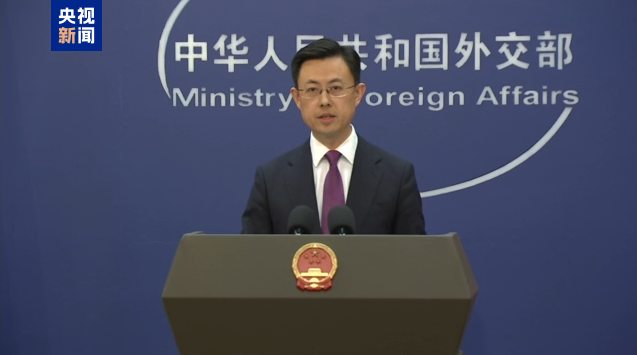Investors took a significant hit on Monday as technology stocks, including giants like Nvidia and Oracle, experienced sharp declines. This sell-off comes in the wake of DeepSeek, a startup, launching a new low-cost artificial intelligence model that challenges the dominance of Western companies in the AI sector.
DeepSeek unveiled its free assistant last week, which promises to use less data at a fraction of the cost of existing models. This innovation has raised questions about the sustainability of high investment levels necessary for AI development by companies such as Apple and Microsoft.
The impact was felt across global markets, with Nasdaq 100 futures dropping nearly four percent, potentially marking its largest daily slide since September 2022. The S&P 500 also saw a two percent decrease. Shares of AI chipmaker Nvidia fell ten percent, Oracle dropped eight percent, and AI data analytics company Palantir lost seven percent in pre-market trading.
DeepSeek's rapid rise was evident as it surpassed ChatGPT in Apple Store downloads by Monday. This achievement suggests a viable, cost-effective AI alternative that could disrupt existing market leaders. The broader implication is a potential reevaluation of the massive capital spending by major tech firms in AI.
Marc Andreessen, a Silicon Valley venture capitalist, likened DeepSeek's R1 model to AI's \"Sputnik moment,\" drawing parallels to the Soviet Union's launch of the Sputnik satellite that ignited the space race in the late 1950s. \"DeepSeek R1 is one of the most amazing and impressive breakthroughs I've ever seen – and as open source, a profound gift to the world,\" Andreessen stated on X.
The repercussions of DeepSeek's development extended to Europe and Japan, where companies like ASML and SoftBank Group saw their shares tumble. ASML, with customers including Taiwan's TSMC, Intel, and Samsung, fell almost eleven percent, while SoftBank Group declined over eight percent following its announcement to fund Stargate, a joint venture with OpenAI.
The surge in AI enthusiasm over the past 18 months has driven substantial capital into the equity markets, inflating valuations and pushing stock markets to new highs. Nvidia, for instance, has seen its stock rise by over 200 percent in approximately a year and a half, trading at a multiple of 56 times its earnings compared to the Nasdaq's multiple of sixteen.
Market experts are now reassessing these trends. Jon Withaar, a senior portfolio manager at Pictet Asset Management, highlighted the potential benefits of reduced training costs for AI models, which could lower access barriers and boost productivity. Meanwhile, Nick Ferres, chief investment officer at Vantage Point Asset Management in Singapore, noted that the market is questioning the capital expenditure of major tech companies.
Masahiro Ichikawa, chief market strategist at Sumitomo Mitsui DS Asset Management, expressed concerns about the prevailing belief in the global supremacy of American AI technologies. \"The idea that the most cutting-edge technologies in America, like Nvidia and ChatGPT, are the most superior globally, there's concern that this perspective might start to change,\" Ichikawa commented.
Despite the current market volatility, some experts believe that the long-term potential of AI remains strong, albeit with a more cautious approach to investment strategies.
Reference(s):
DeepSeek's 'Sputnik moment' prompts investors to sell big AI players
cgtn.com




